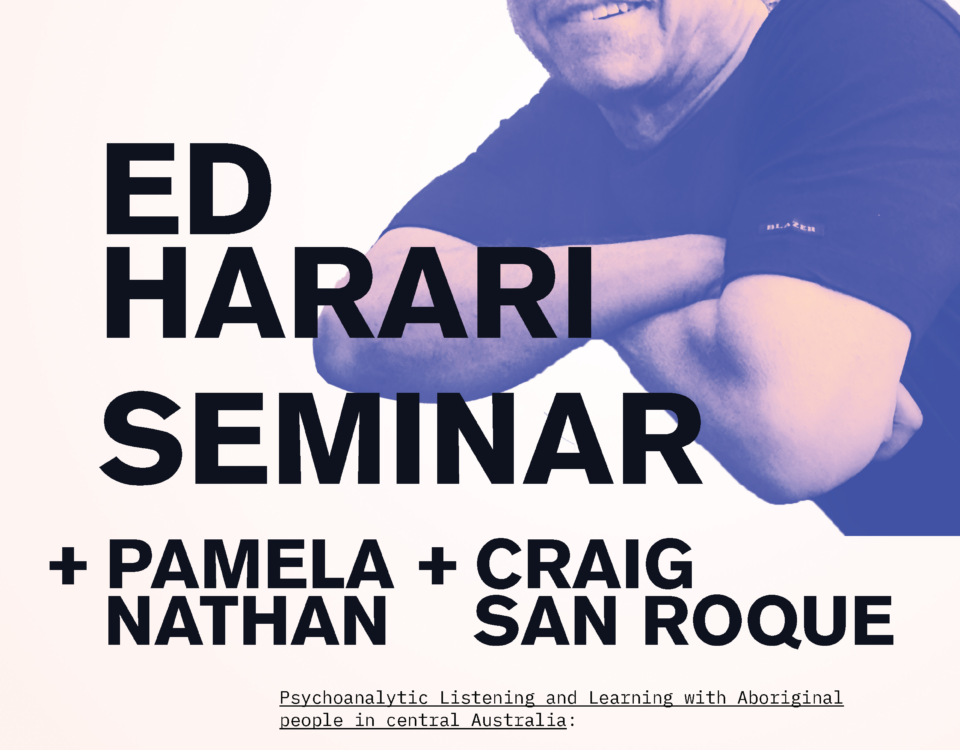CHEER Don’t BOO!
August 6, 2015The legacy of the Pintubi Nine
August 17, 2015By Pamela Nathan
In this article, Wesley Aird states: “Last week, Tony Abbott rejected calls from select indigenous leaders for publicly funded, indigenous-only constitutional conventions. It is difficult to see how an indigenous-only process could work, given there is no way of knowing who would be eligible to participate. In any case, a referendum ought to be for all Australians.”
Aird continues: “…there is significant disagreement as to who is and who isn’t indigenous. There are hundreds of thousands of “indigenous Australians”. But they are individuals with greatly diverging lives when it comes to “being black”. Sometimes they identify and sometimes they don’t. Most live urban, mainstream lives. There are communities of indigenous people all over the country, but there is no such thing as a national indigenous community. There is no indigenous polity.”
Aird’s arguments against indigenous constitutional conventions are a sleight of hand.
Is he saying that, because there is no single, recognisable, identifiable group of ‘indigenous’ people, then there should be no conversation by differing groups underneath the indigenous banner? Really?
A referendum is for all Australians and indigenous consultation does not exclude all Australians.
Indigenous consultation is critical – this is the group that is being recognised. Many will not understand the legalities or the meaning of ‘recognition’. Differences do not exclude consultation or representation of differences. Aboriginal people know whether they identify or not, and identification is not a preclusion to consultation.
Aird’s presumption that many Aboriginal people will be focusing on work and school and getting on with their lives as opposed to attending indigenous constitutional conventions may well be a possibility. However real and meaningful recognition may also facilitate an emotional validation which enables many more Aboriginal people to get on with their lives.
If the process in the lead up to the referendum can be about recognition, consultation, discussion and the chance to have a voice and to be heard, maybe then it can also offer hope for reconciliation.





